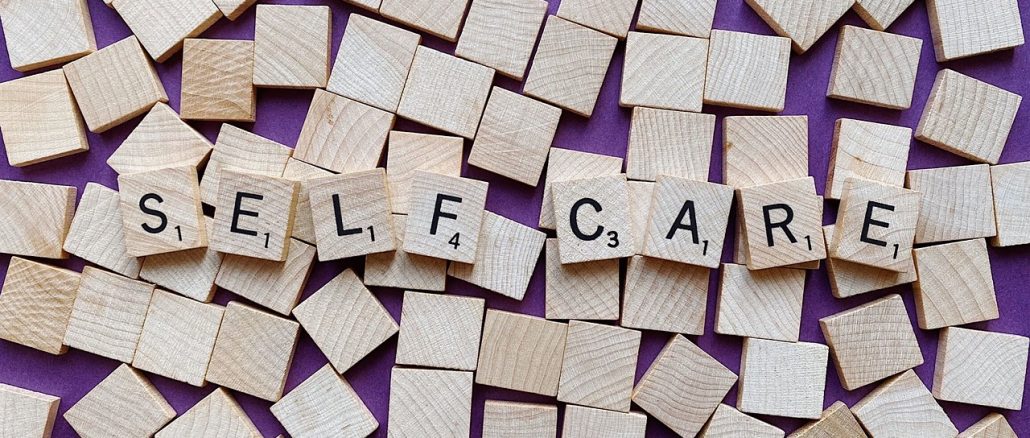
That gut wrenching feeling of fear when your heart sinks to the pit of your stomach. That feeling of stony numbness when you can’t find the passion to care. That looming feeling of dread brewing before an activity.
These are universal feelings that we have all endured at some point in our lives. Feelings that we need to destigmatize discussing. Feelings that we need to help each other through.
University students are experiencing extremely severe levels of anxiety (38.4%), depression (29.9%) and stress (17.3%) according to a study carried out by the Union of Students in Ireland in 2019. Mental illness is arguably the most prevalent issue for young Irish people today. Close to a third of students had a formal diagnosis of mental health difficulties at some point in their lives. Many more are believed to be undiagnosed.
Whether we are living with a mental illness or not, everyone struggles with their mental health on occasion. We can all relate to an overwhelming sense of panic, or sadness, or nervousness. We should all be looking after our minds, just as we would our physical wellbeing.
There are a multitude of resources to avail of at DCU.
The university is affiliated with JED, a nonprofit organization that protects emotional health and prevents suicide for teenagers and young adults. “Our community is working with the JED Foundation to enhance student mental health and wellbeing and the student experience” said Annabella Stover, Acting Director of Student Support and Development at DCU.
The University is also in partnership with Togetherall, a safe, anonymous, 24/7, online peer-support community, moderated by fully trained mental health professionals. Any student at DCU can sign up and gain round the clock access to the facility. The service is free of charge. It offers guided courses on a range of issues, as well as integration and signposting to your other tools and wellbeing pathways. It also offers resources and journaling to support self-management. To use the service, users must sign up on their website www.togetherall.com
DCU also offers a counselling and personal development resource for all registered students. Sessions are free of charge and confidential. Appointments can be made by emailing counselling@dcu.ie for Glasnevin campus and spd.counselling@dcu.ie for St Patrick’s campus.
It is necessary that we take measures to preserve good mental health in our everyday life. This could be as simple as talking to those around us about how we feel.
The national report on students’ mental health found that a fifth (20.9%) of students did not have someone to talk to about personal and emotional difficulties. It is vital that we destigmatize discussing mental health. We must ensure that we create relationships in which we can openly share our emotions. A problem shared is a problem halved.
The Phycological Society of Ireland have composed an evidence-based list of tips for wellbeing and positive mental health. They suggest that we look after our basic needs first, these being eating and sleeping. We should do what we love without letting anxiety act as a barrier. We need to set realistic goals and focus on the things that we have the power to change. We should always ask for help when we need it. It is recommended to view fun as a necessity as opposed to an indulgence. We should be active. Finally we should develop and maintain close relationships.
Everyone struggles with mental health on occasion just as we all have issues with physical health. It is important that we put effort into maintaining a healthy headspace. If our bodies were in need of treatment, we would address the issue. What makes our mind any less important?
Lauren Walsh
Image Credit: Pixabay



